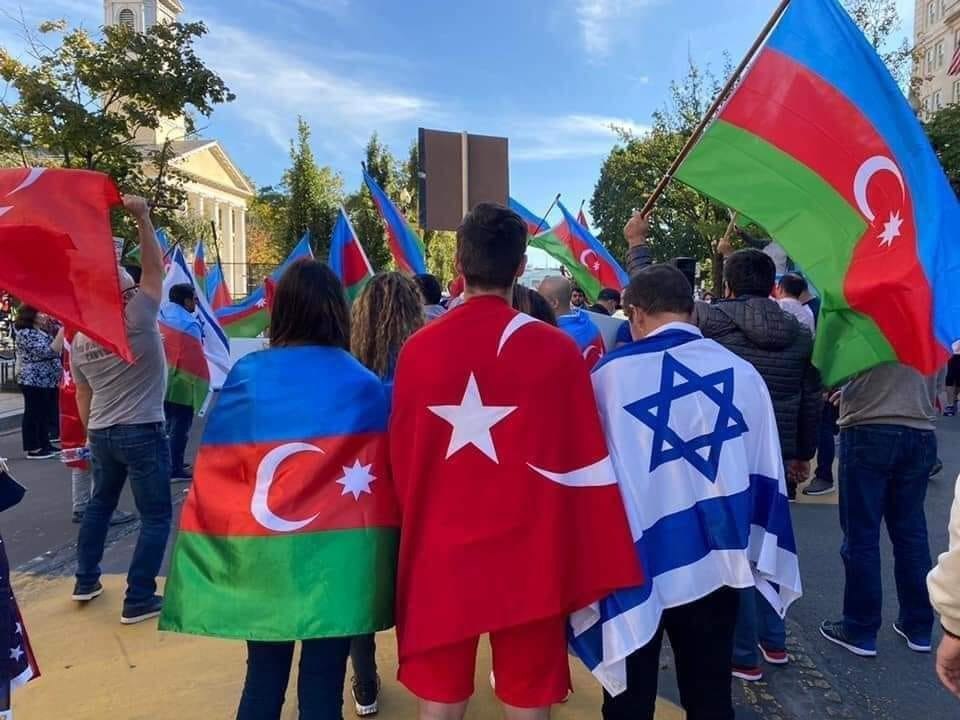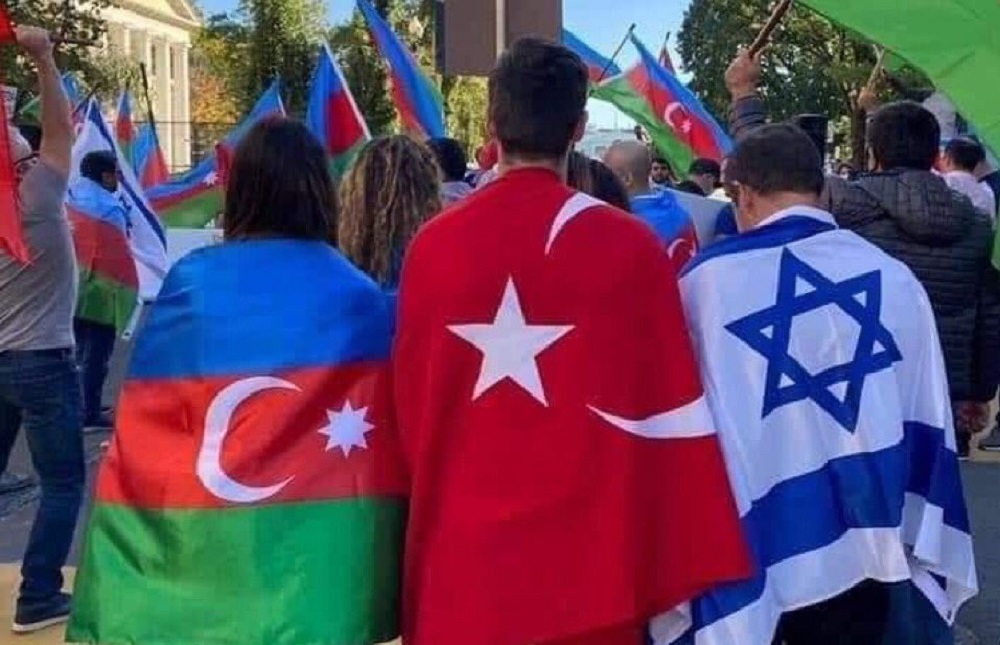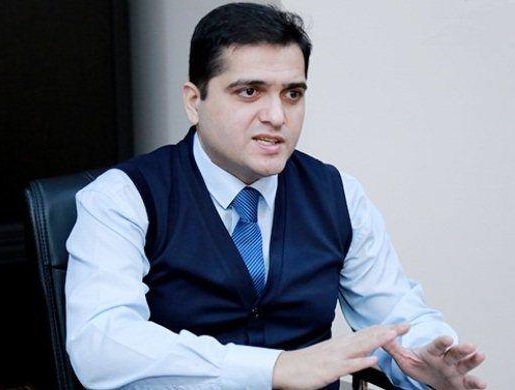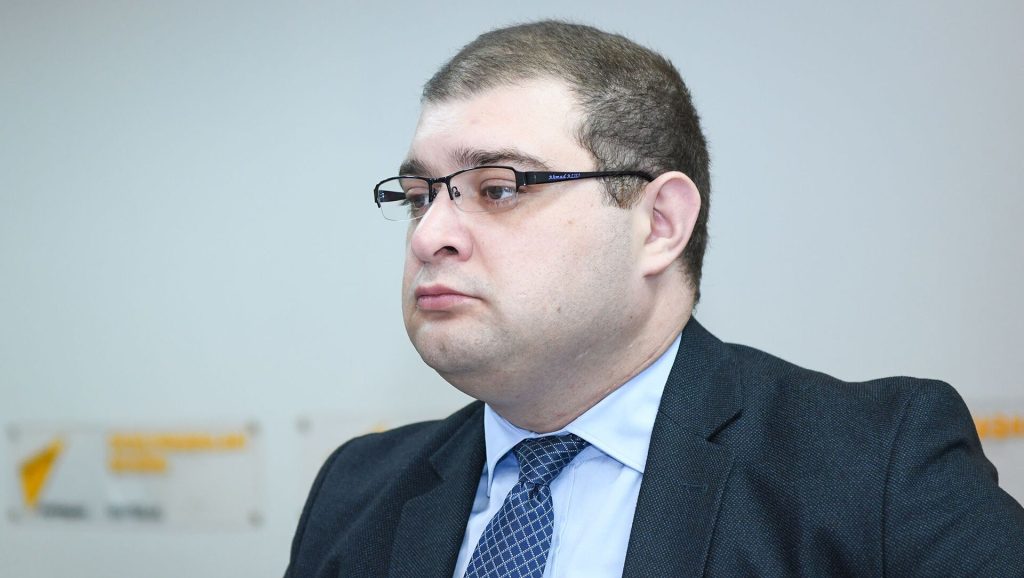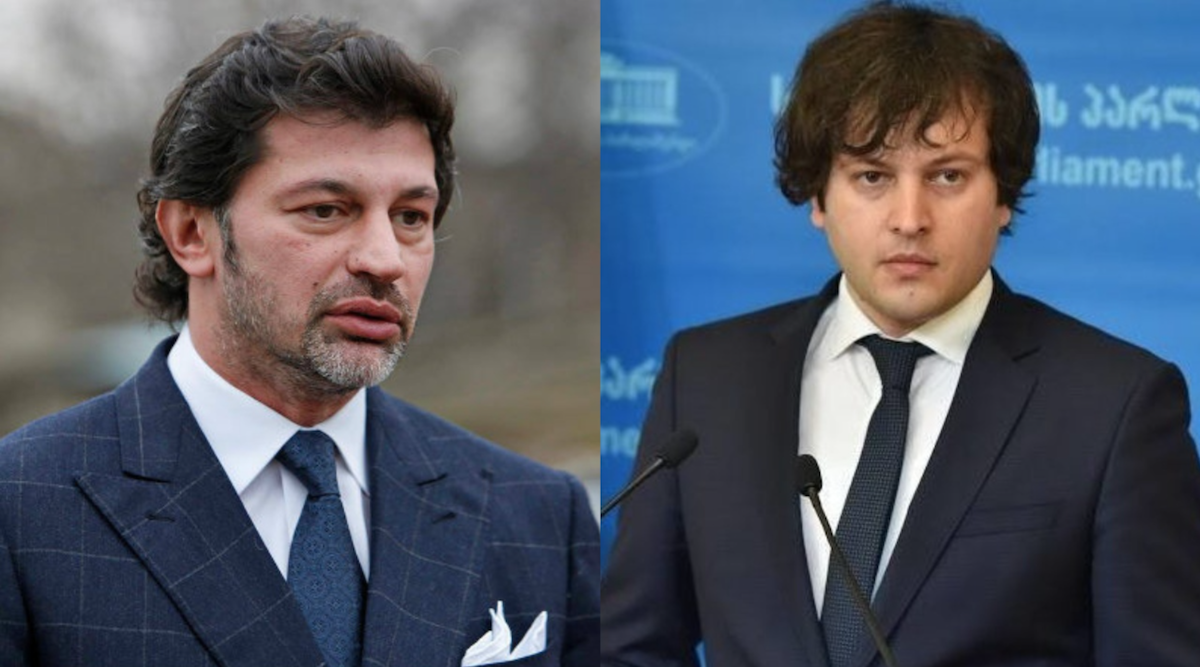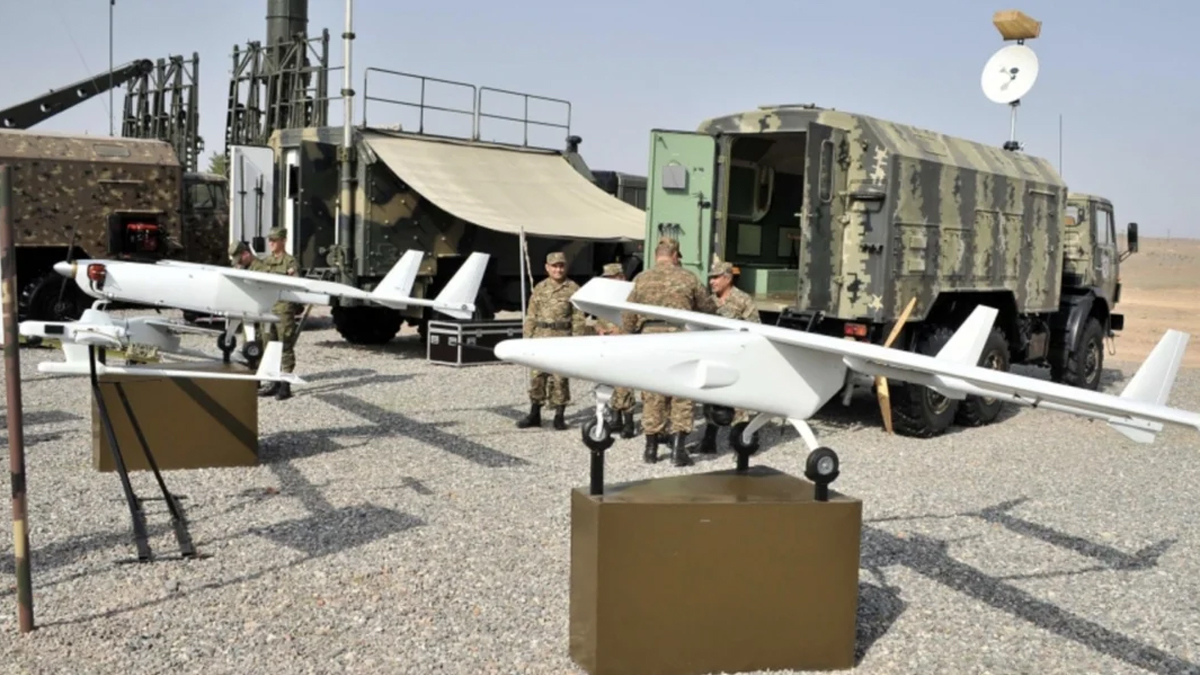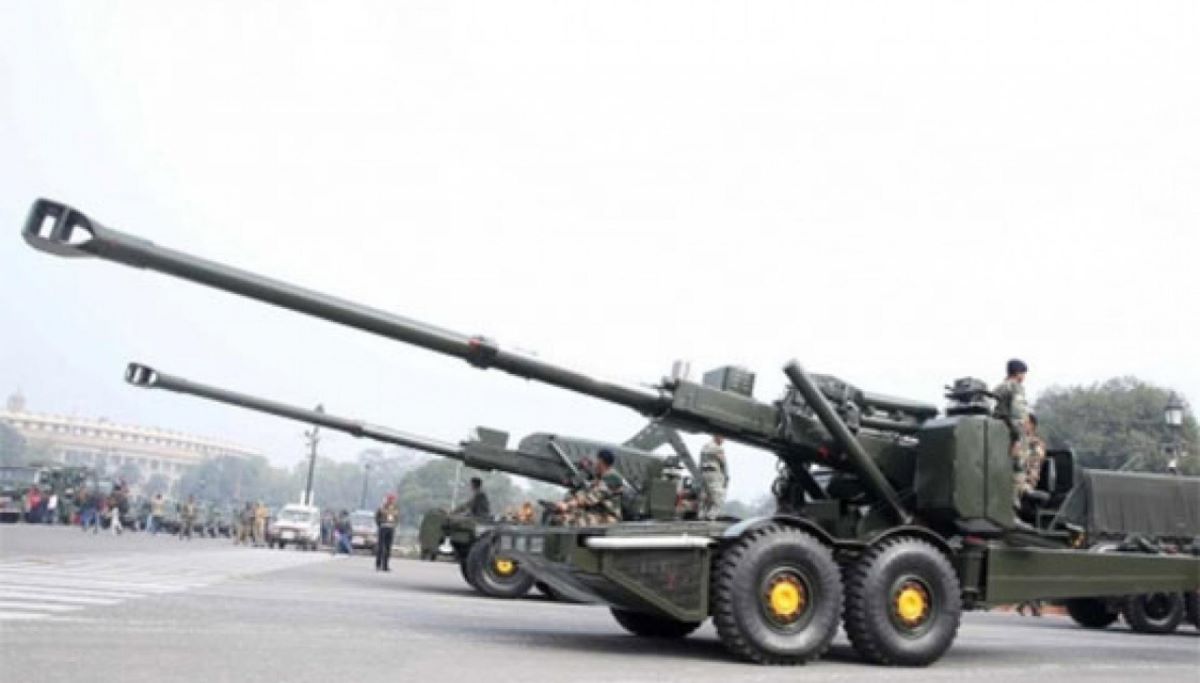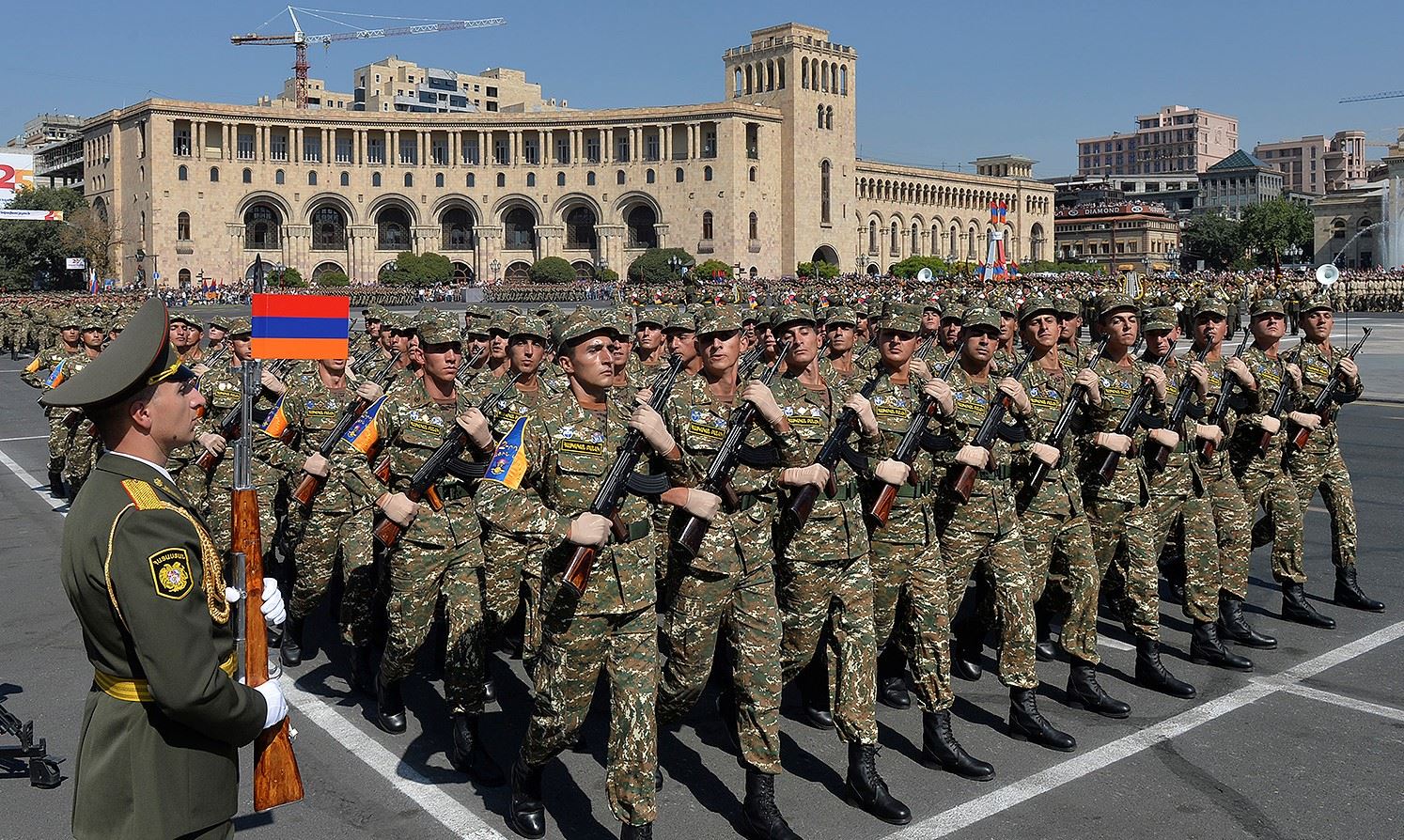At a briefing held after the political council meeting, the ruling party’s executive secretary Mamuka Mdinaradze announced that Bidzina Ivanishvili, the ruling Georgian Dream (GD) party’s Honorary Chairman, wants Prime Minister Irakli Kobakhidze to remain in office. According to Mdinaradze, the party’s political council, as expected, “fully supported” Ivanishvili’s nominee. Mdinaradze also said that the GD faction would nominate incumbent Shalva Papuashvili for the post of Parliament Speaker.
Former Prime Minister and the leader of the Gakharia-For Georgia party Giorgi Gakharia held a briefing and urged the representatives of the diplomatic corps accredited in Georgia not to attend the opening session of the Parliament. He called on them to refrain from recognizing the legitimacy of what he described as fraudulent election results.
The International Society for Fair Elections and Democracy (ISFED), My Vote,and Georgia’s Young Lawyers Association (GYLA), three election watchdog organizations, have released a joint assessment of the parliamentary elections held on October 26. In their joint assessment, watchdogs noted that the results of the election “cannot be considered free and fair.”
Transparency International Georgia and the Civil Society Foundation, two observation mission organizations, have submitted an Amicus Curiae brief to the Constitutional Court of Georgia. The brief concerns a lawsuit filed on November 16 by President Salome Zurabishvili, challenging the official results of the 26 October parliamentary elections. The Amicus Curiae brief contains evidence of electoral violations gathered by the My Vote observers on election day.
Organization for Security and Co-operation in Europe’s Office for Democratic Institutions and Human Rights (OSCE/ODIHR) expressed concern over recent cases of excessive use of force by the police in dispersing rallies and called on the authorities to “facilitate peaceful assemblies and engage in dialogue without violence.”
People who have been demonstrating for weeks against the fraudulent elections are now marching in support of 21-year-old student Mate Devidze, who was arrested on charges of assaulting police and faces 7 years in prison. Devidze was arrested during the violent dispersal of a 48-hour peaceful protest on November 19.
Tbilisi City Court sentenced two activists, Isako Devidze and Davit Tsotsoria, to 8 days of imprisonment after their arrest during the violent dispersal of the rally on Chavchavadze and Melikishvili Avenues. Irakli Andghuladze, another activist detained during the crackdown, was fined 2700 GEL by the court. A total of 16 people were arrested by police during the dispersal of the rally, three of whom were released on parole.
The Foreign Ministry confirmed to Civil.ge that another Georgian citizen, Levan Lokhishvili, was killed while fighting in Ukraine. He was reportedly killed during the Russian attack near Kherson, in southern Ukraine. This recent casualty brings the unofficial death toll of Georgian fighters in Ukraine to 60.

